What is Glucagon
Glucagon is a hormone of a protein nature, synthesized by the endocrine part of the pancreas (α cells of the islets of Langerhans). The drop in blood sugar (amount of glucose present in the blood) is a strong stimulus for the secretion of glucagon.
Functions
- Glucagon is an insulin antagonist and with its action it promotes glycogenolysis in the liver (production of glucose starting from glycogen), inhibits glycogenosynthesis and stimulates gluconeogenesis (production of glucose starting from some amino acids, from lactic acid and glycerol).
- Glucagon does not stimulate muscle glycogenolysis, sensitive to the action of adrenaline, but only the hepatic one.
- Glucagon promotes the adrenal synthesis of catecholamines and increases the contraction force of the heart (positive inotropic action).
- Glucagon also intervenes in lipid metabolism, stimulating the mobilization of fatty acids from adipose tissue, promoting their oxidation and inhibiting their synthesis.
Medical Uses
Glucagon can be injected in case of severe hypo, caused by excessive administration of insulin or other hypoglycemic agents (see: Diabetes).
Secretion
The greatest stimulus for the action of glucagon is given by fasting and prolonged physical activity of medium-high intensity.

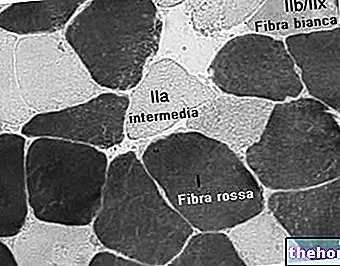
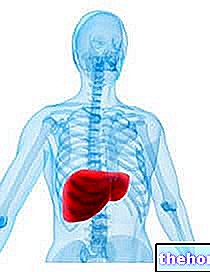
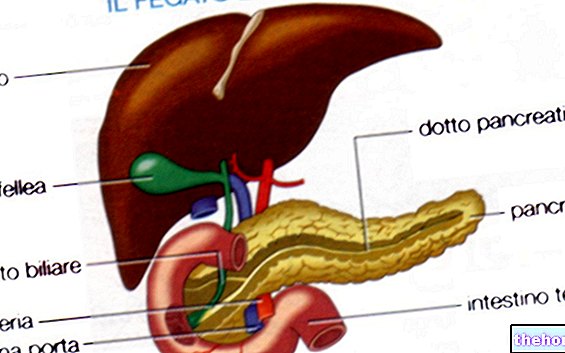
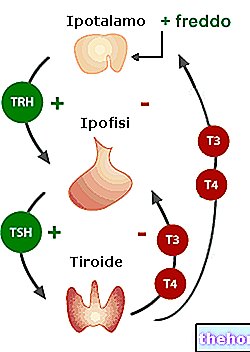
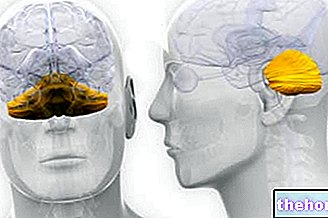










.jpg)











